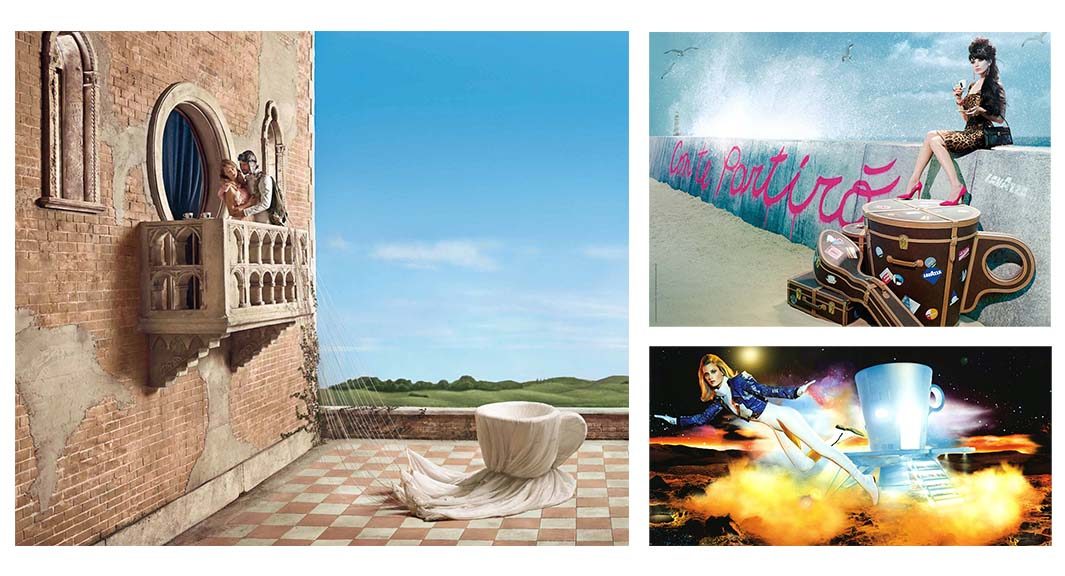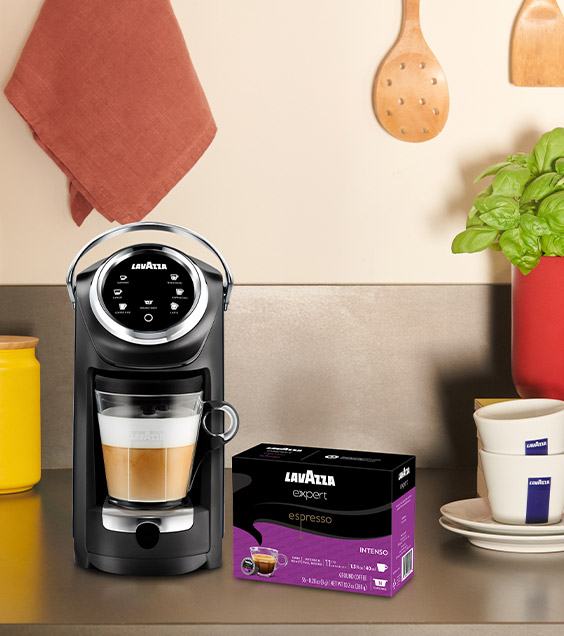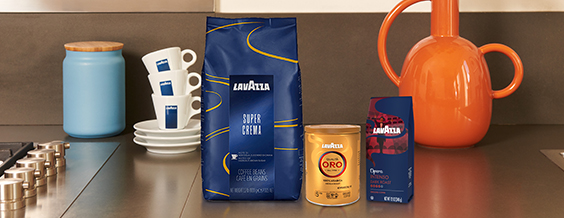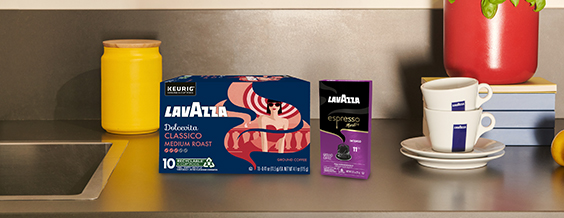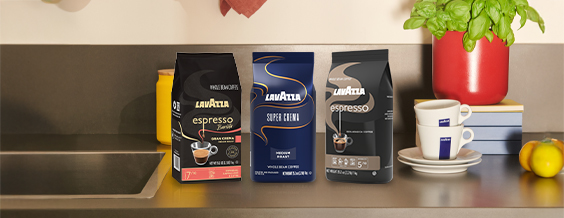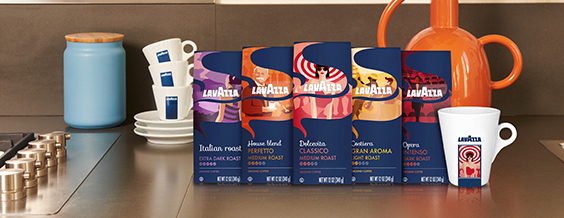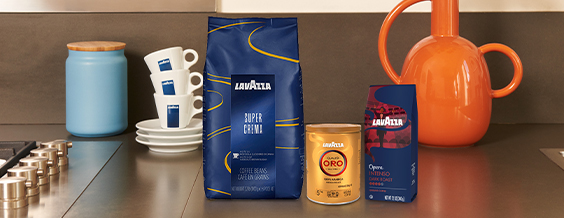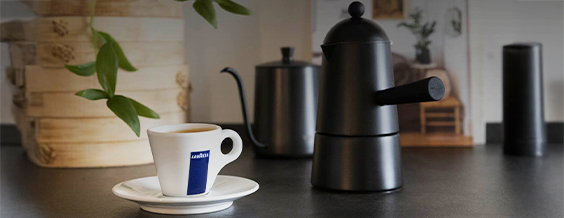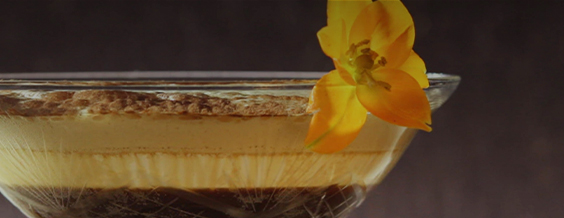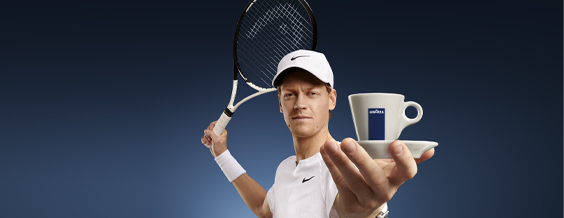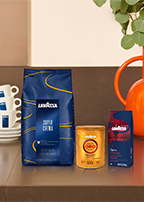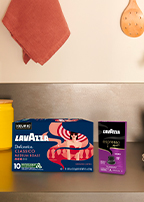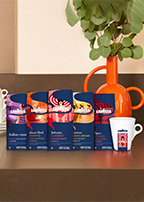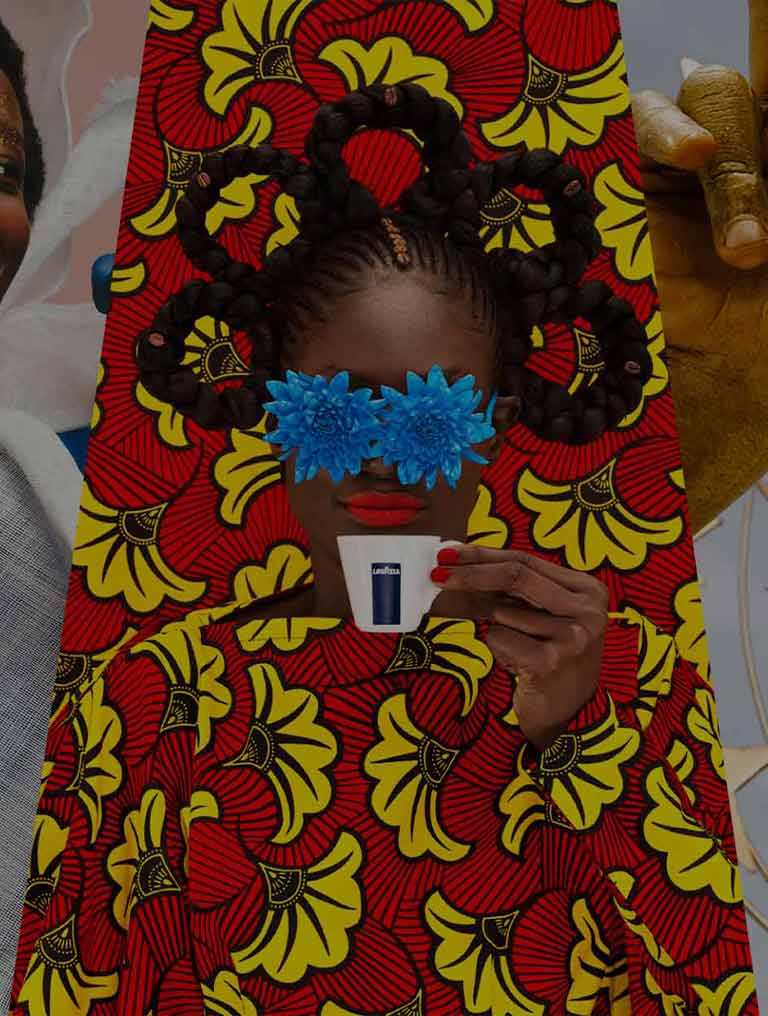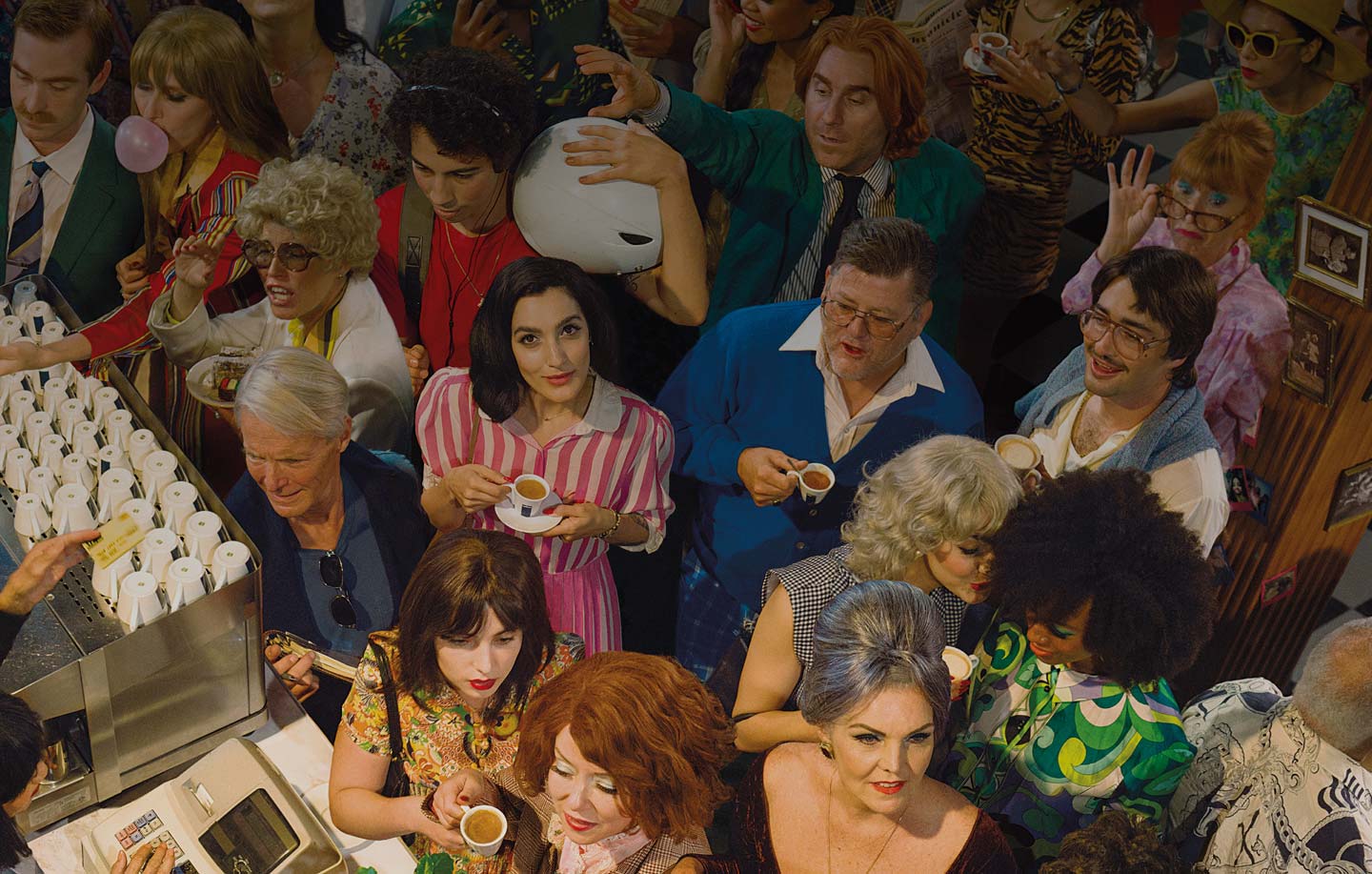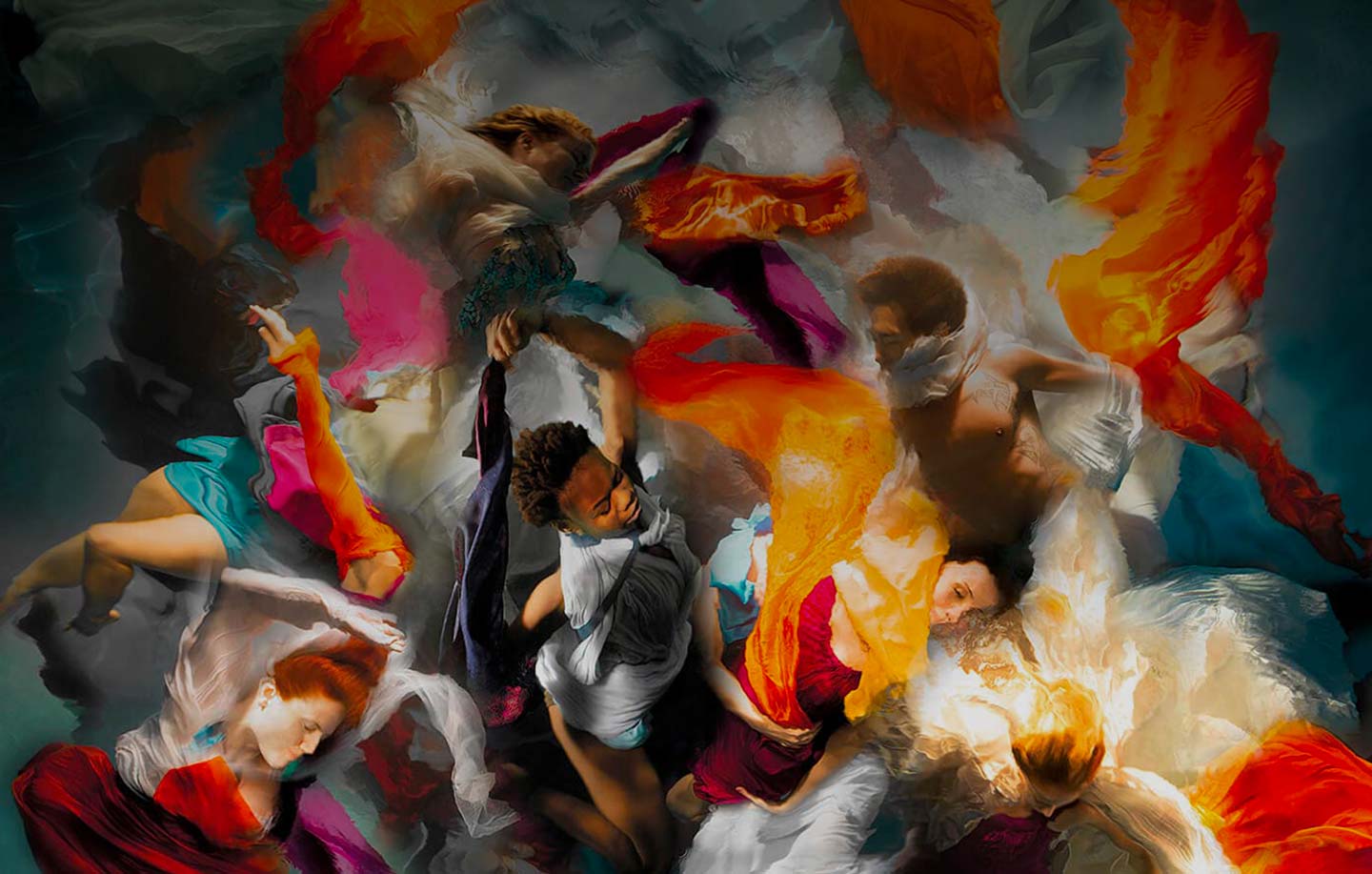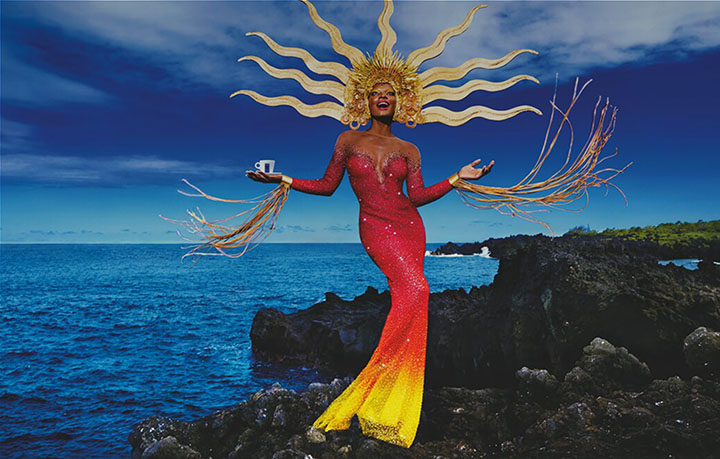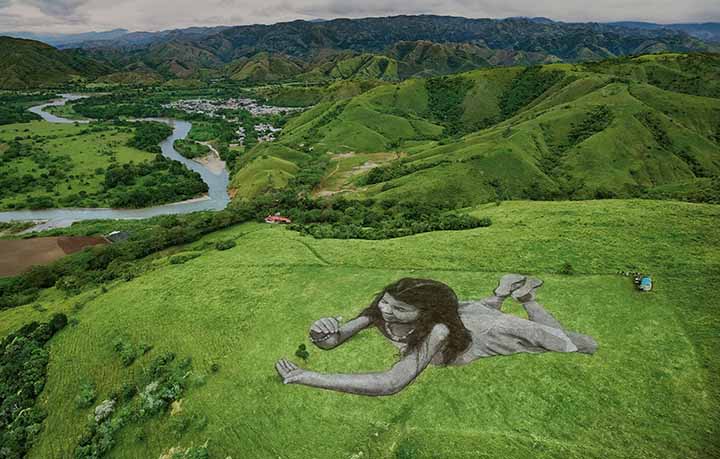*Lavazza is not affiliated with, endorsed or sponsored by Nespresso
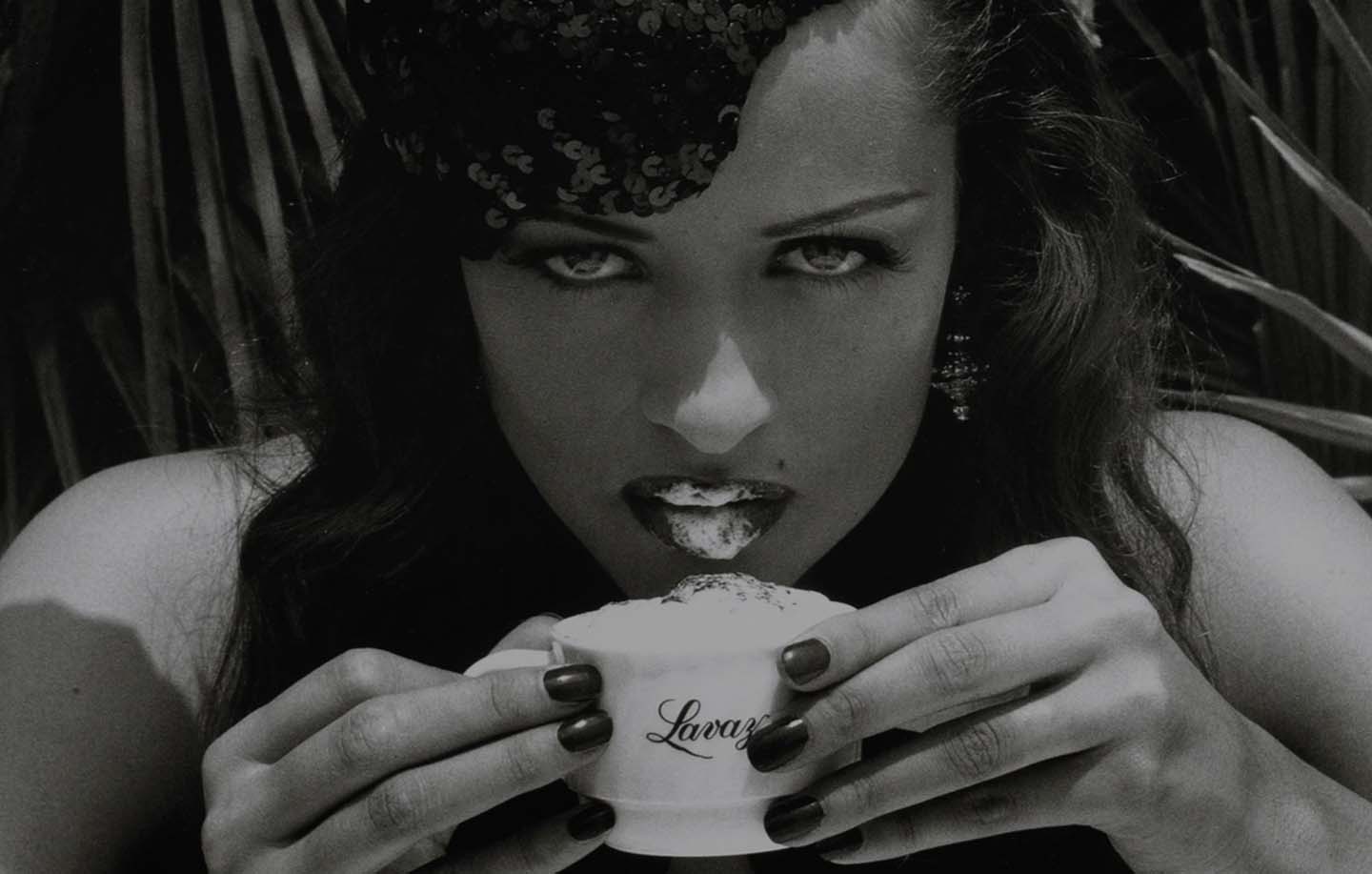
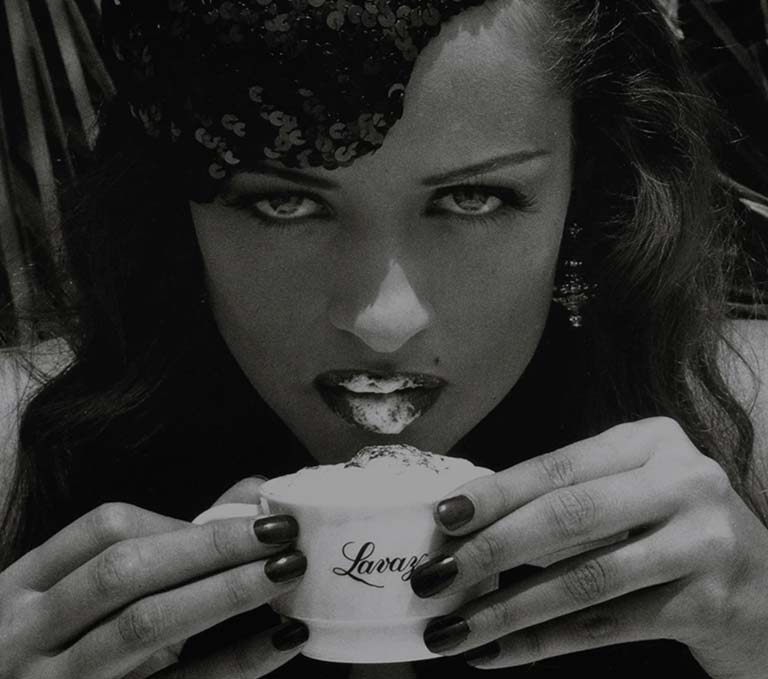
LAVAZZA CALENDAR, STORIES OF ART AND PHOTOGRAPHY
Discover the world from the lens of the greatest international photographers.
A new perspective on the world through the lens of a camera. This is what the calendar means to Lavazza and how it has communicated its vision of the world to the public, since 1993.
For Lavazza, the calendar is not just a tool for marking time but a key to interpreting the contemporary world and a work of art. Precisely for this reason, year after year the best international photographers have been involved, called upon to share their perspective of not only the Lavazza world but, more generally, the world we live in today.
Each year, the challenge is to capture beautiful and timeless photographs representative of that year.
Are you ready to immerse yourself in this photographic journey? Discover the most iconic calendars in Lavazza's history.
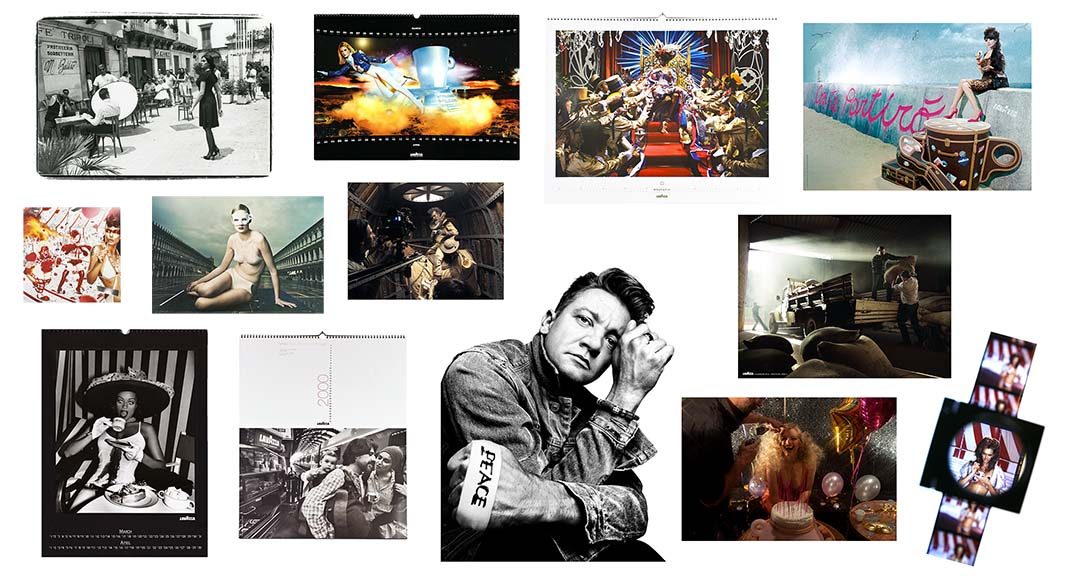
1993-2001: THE WORLD IN BLACK AND WHITE
The calendars of this period are in black and white, with photographs that are real works of art characterized by portraits of timeless beauty.
The black and white shot emphasize shapes, volumes, and tones. Love, passion, and sensuality, in black and white shades, are the common themes during the calendar’s first years.
Newton, Von Unwerth, Scianna, Erwitt are some of the masters entrusted with the editions, from 1993 to 2001. What is the common element? The coffee. Obviously, black.
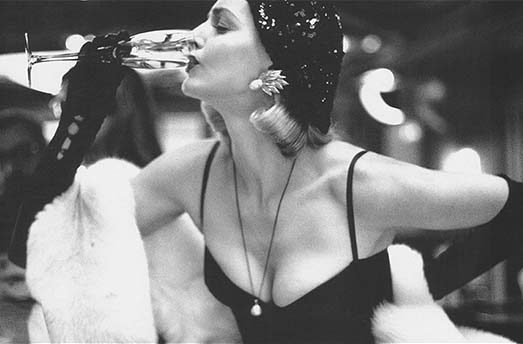

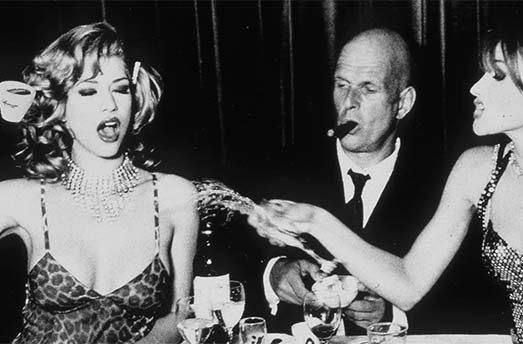

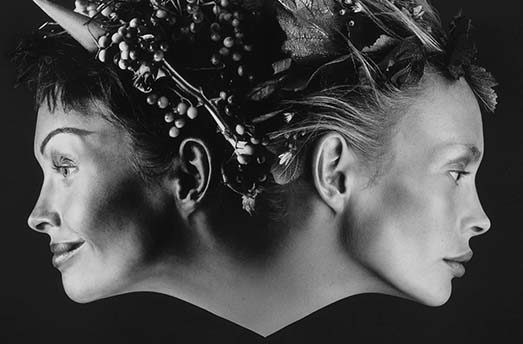


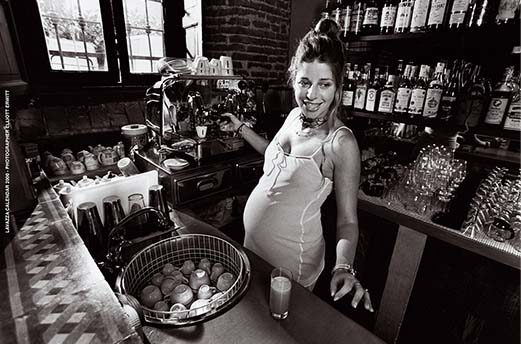
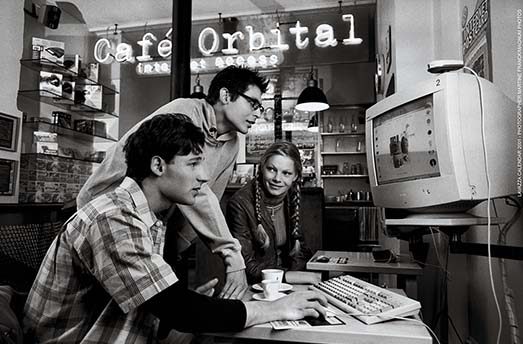
1993–1994 HELMUT NEWTON
For two consecutive years, 1993 and 1994, Lavazza chose master Helmut Newton. His is a perfect style to convey a passion for coffee. His photographs, as is traditional of calendars, put the woman at the center; a woman whose sensuality recalls, in those black and white photos, the same sensuality of coffee. A girl dressed in dark, at a coffee table, with high heels and a pouting face, looks at the photographer and holds a cup of coffee in her hand. Another woman, determined and sophisticated, wrapped in a fur coat, casually reveals to the artist a very deep neckline.
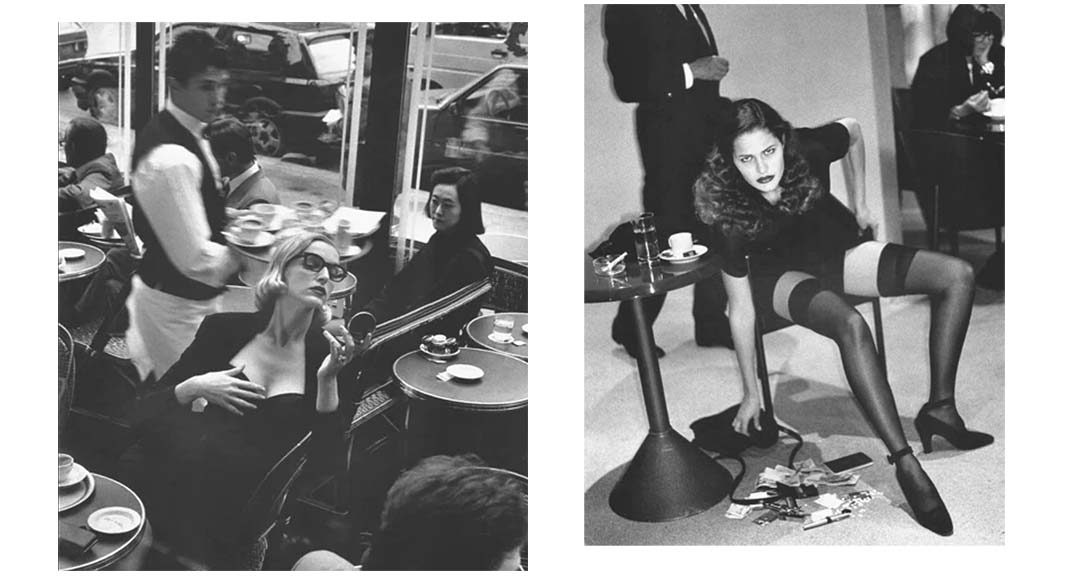

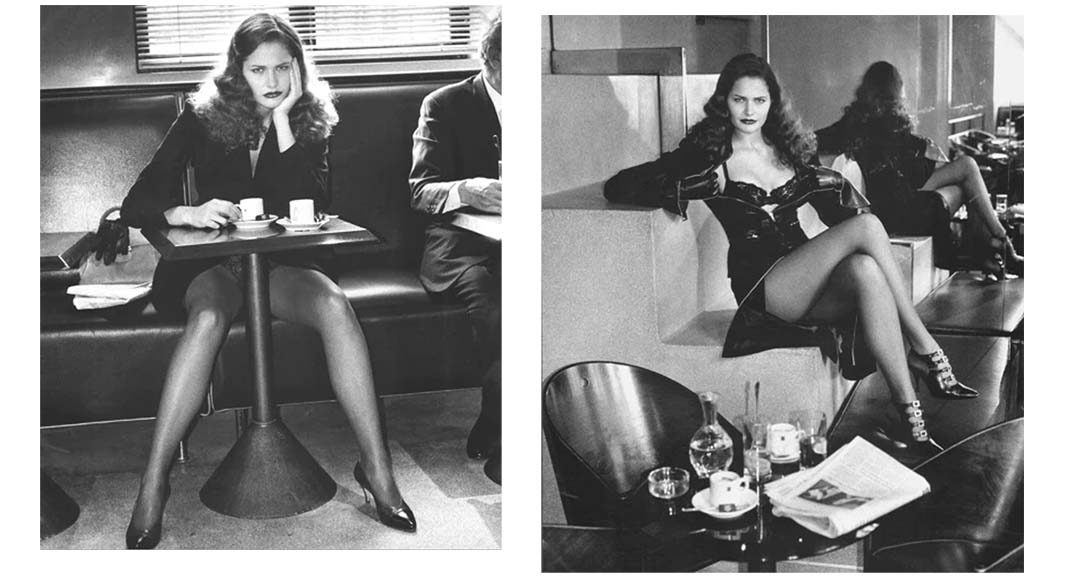

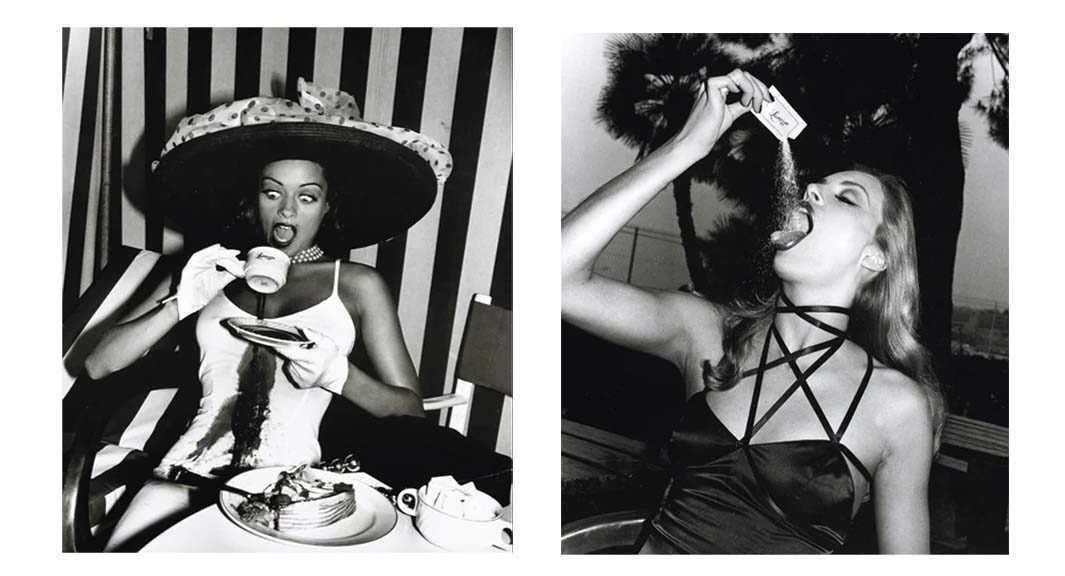
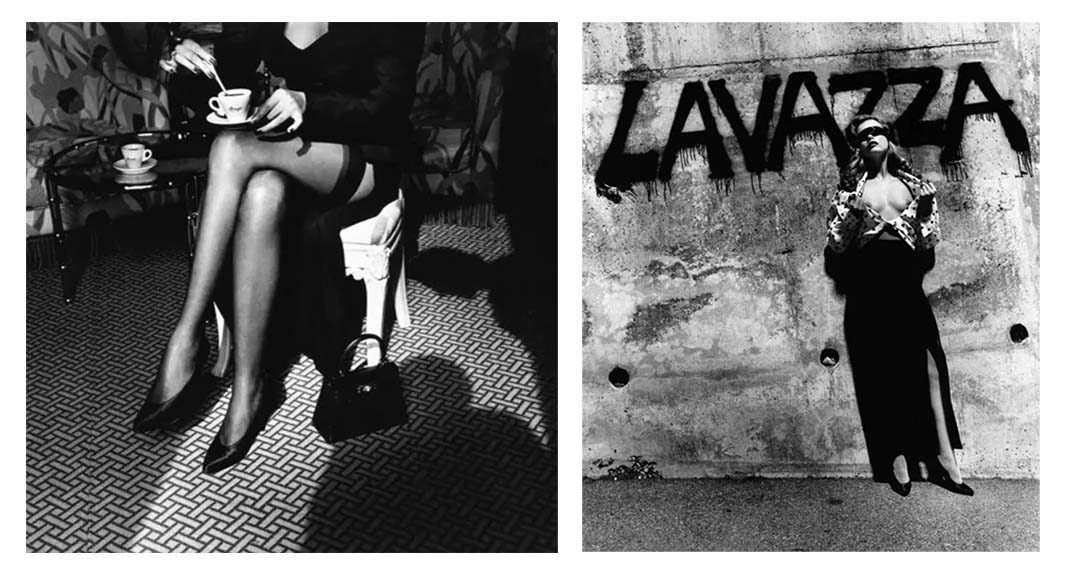
2000 - ELLIOTT ERWITT
The new millennium presented unprecedented challenges: it required talking about human relationships and the awareness of how the world, in the course of a few decades, had completely changed. The focus shifted from the beauty of the female body to more realistic themes featuring protagonists in their daily lives, in their homes with their families.
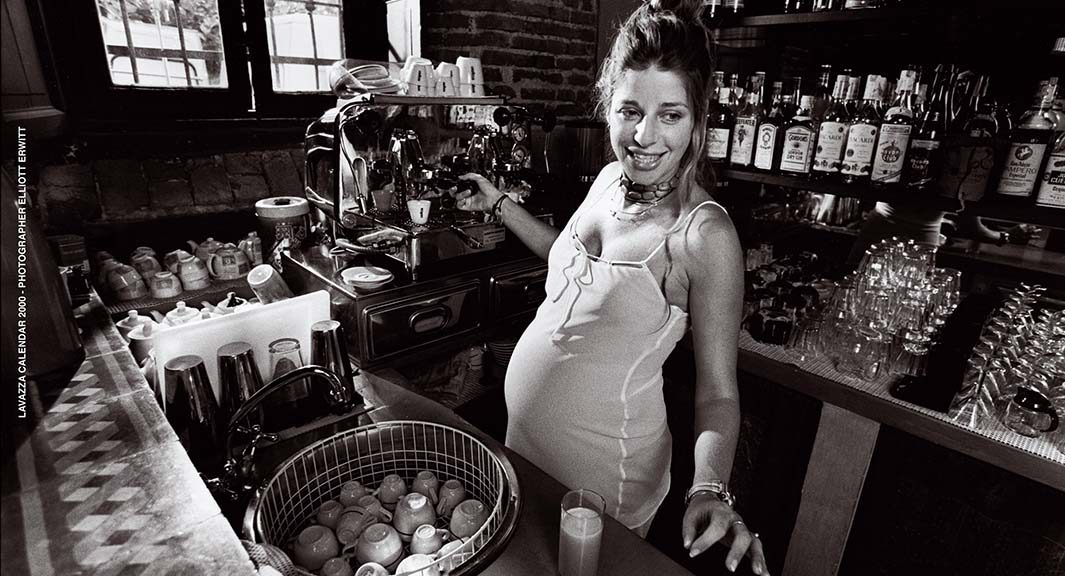



2002-2014: AN EXPLOSION OF COLOR
Exuberance, bright colors, exaggeration. The calendars of this decade leave black and white behind to make room for color. The style is that of a fashion magazine where the world of coffee mixes with that of glamour, resulting in something unique and surprising.
In 2002, LaChapelle signed the first Lavazza color calendar and moved from a simple calendar to a transversal communication tool that appeared on the facades of city buildings, on TV, and on other communication channels.
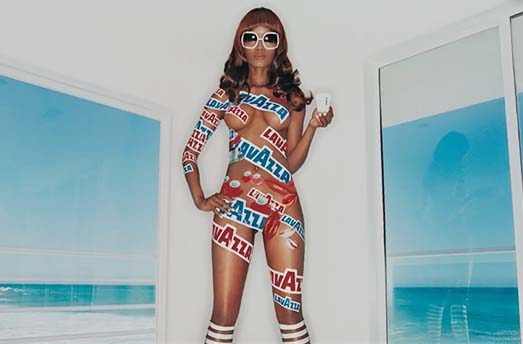
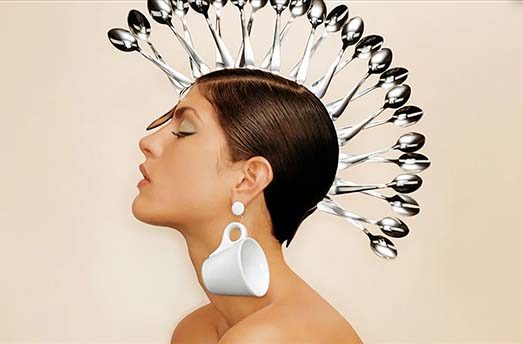
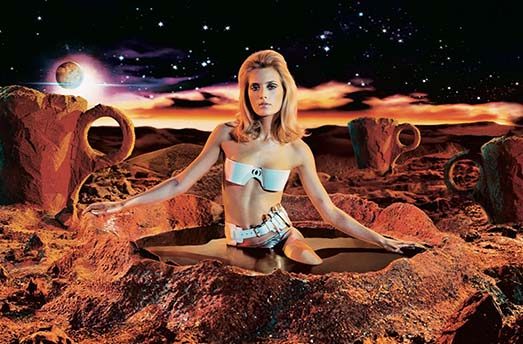

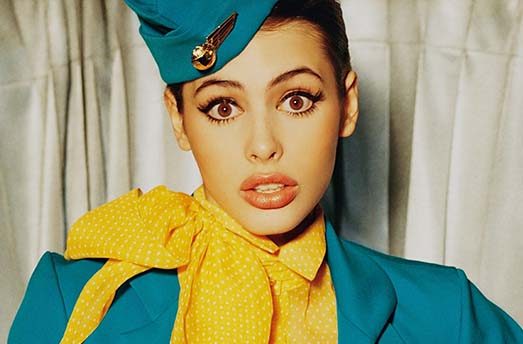
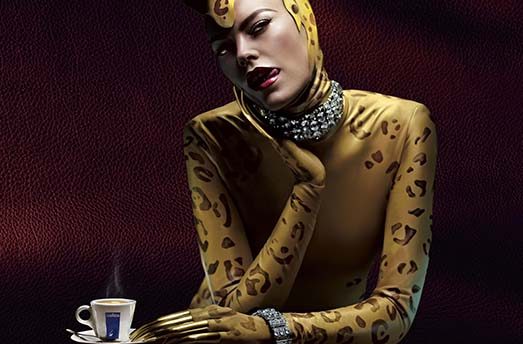
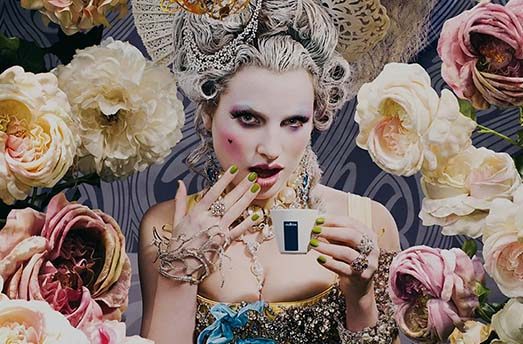
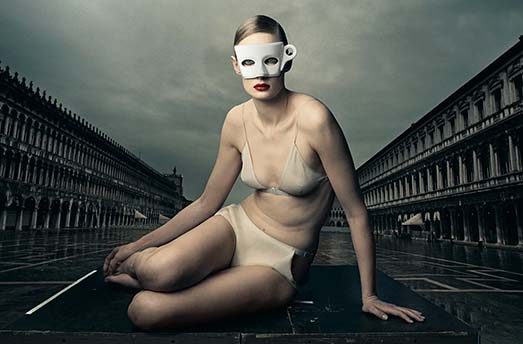
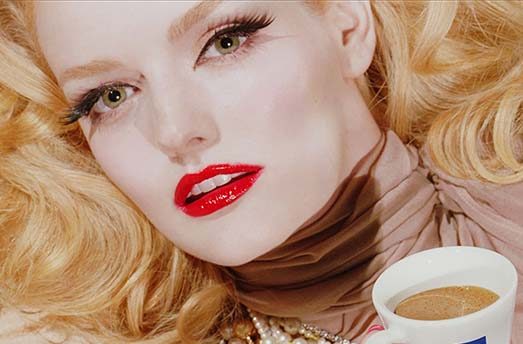
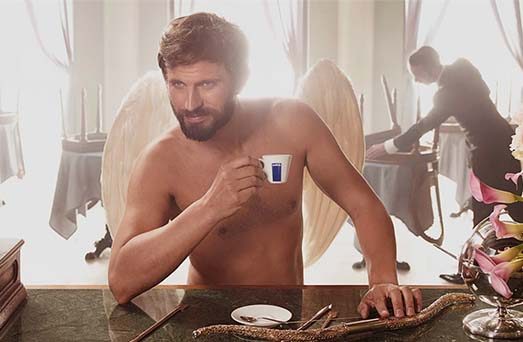
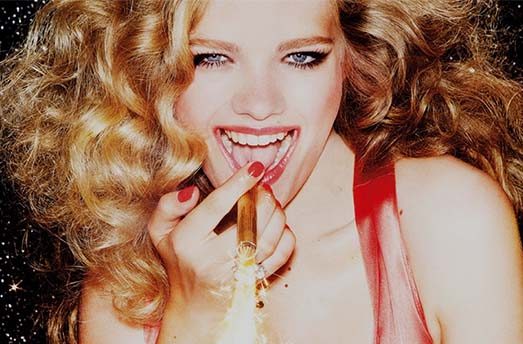
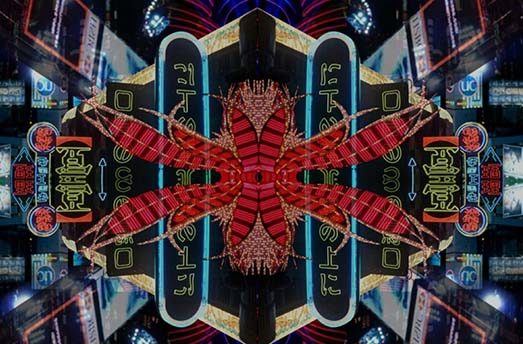

2002 - DAVID LACHAPELLE
The unmistakable style of David LaChapelle explodes with the Lavazza 2002 Calendar. His surreal and ironic style as well as bright, vibrant, and saturated colors often translate into baroque and extravagant images, which have earned him the Fellini definition of photography.
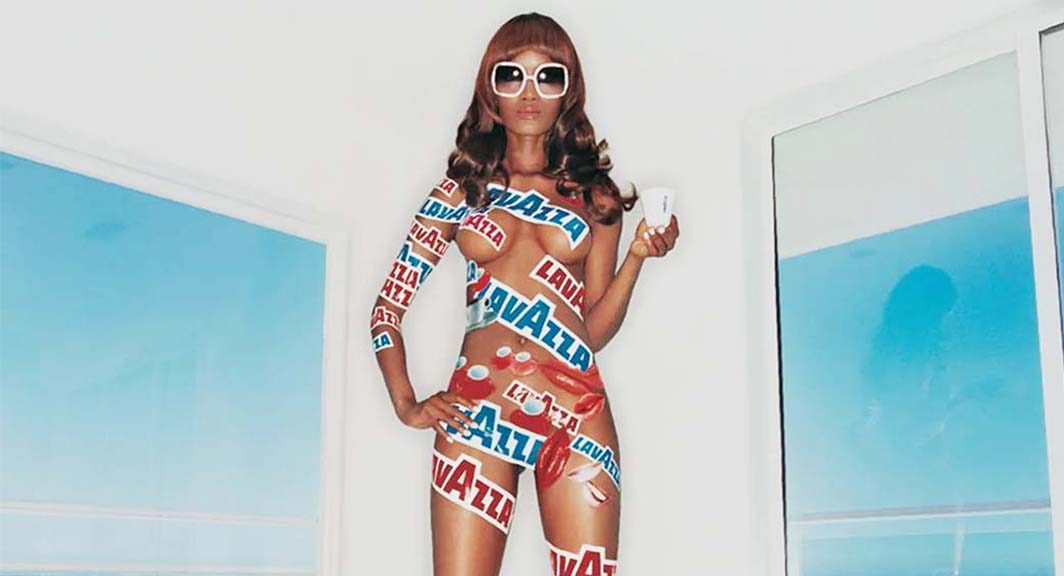
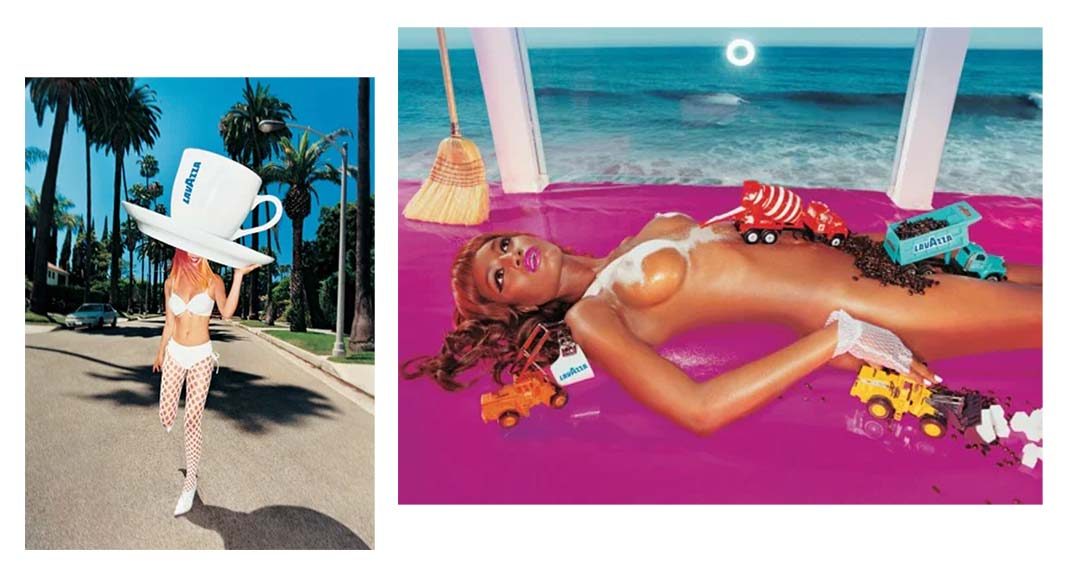
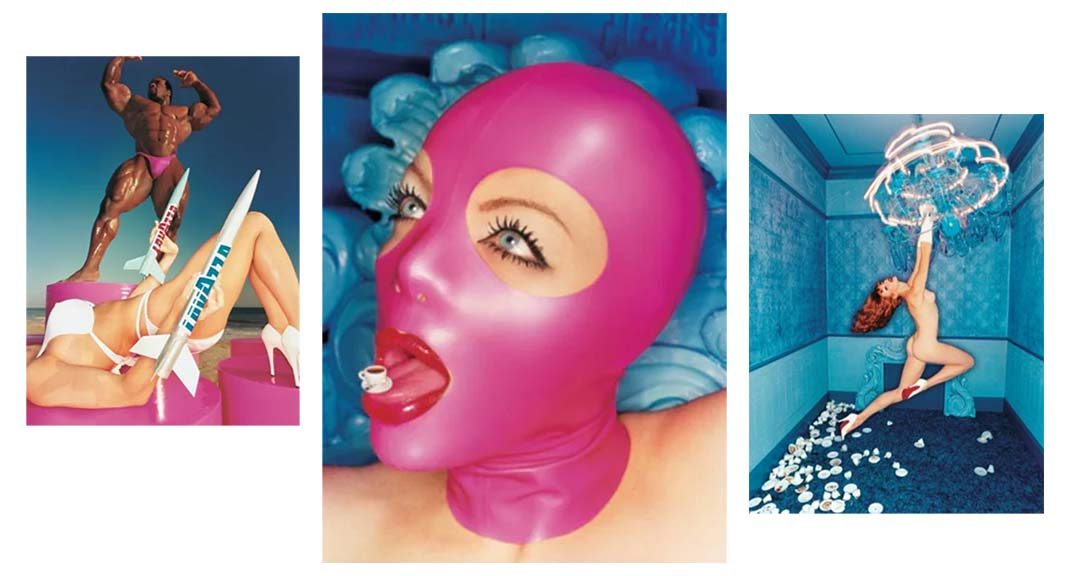
2009 - ANNIE LEIBOVITZ
Annie Leibovitz interprets Italian style through seven images. A spectacular journey that pays homage to our country by celebrating fashion, art, cinema, and history. To guide this journey there is a cup of Lavazza espresso, the icon par excellence of the Italian lifestyle in the world. Annie Leibovitz, the best known and most appreciated living photographer, has been designated a Living Legend by the American Library of Congress. For her contribution to great photography, she has received numerous prestigious awards around the world.
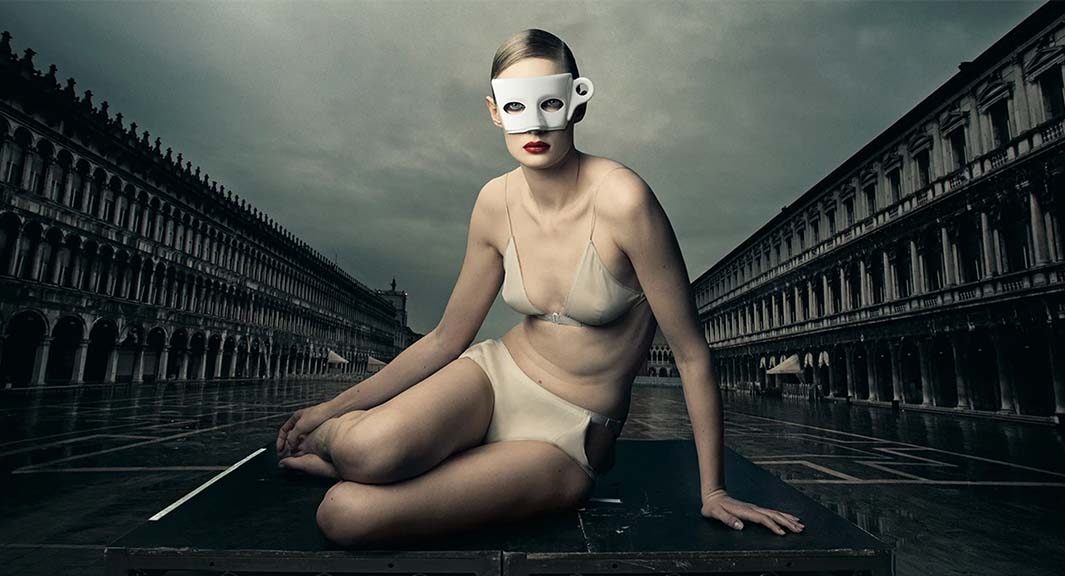
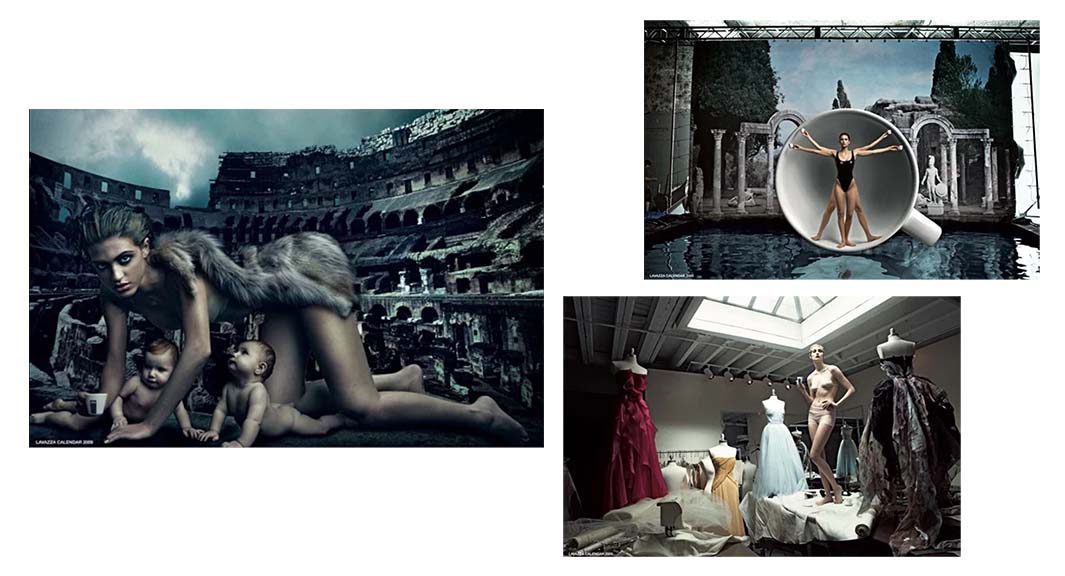
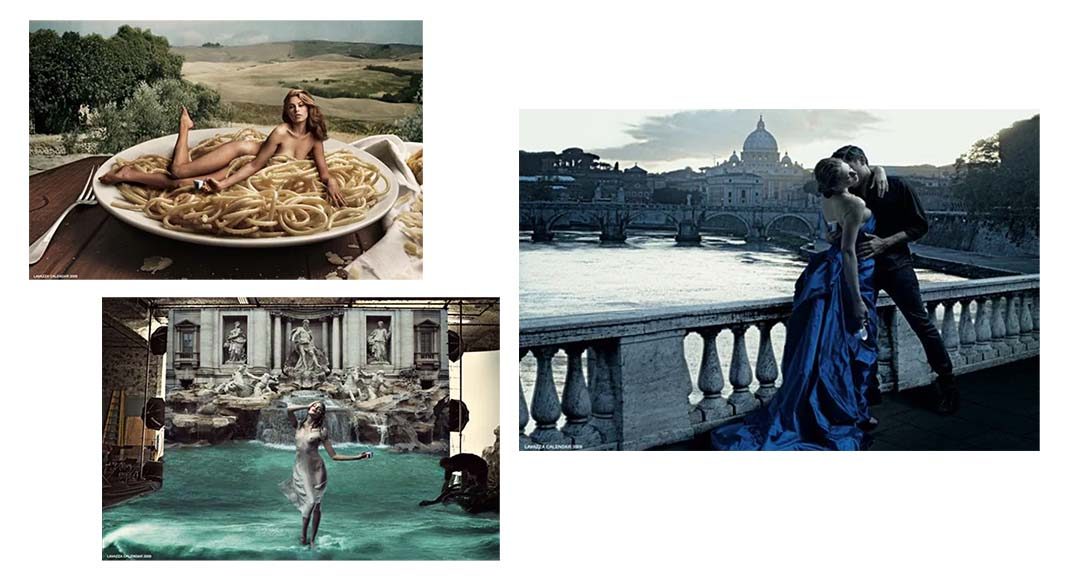
2015 – 2020: IN THE EYES OF SUSTAINABILITY
The protagonist of the calendars of these years is sustainability. The pairing of coffee and sustainability has been at the heart of the Lavazza Foundation's projects since 2004 and has also been the central theme of the Calendars since 2015.
Steve McCurry, Denis Rouvre, Ami Vitale, Platoon, and Joey L. are the photographers who translate the preservation of territory, the heritage of values, the energy of nature, innovation, and sharing into images, making a sincere appeal to civil commitment and the safeguarding of the ecosystems where coffee originates. For us at Lavazza, in fact, protecting the territory also means protecting the possibility of having a high-level natural product.
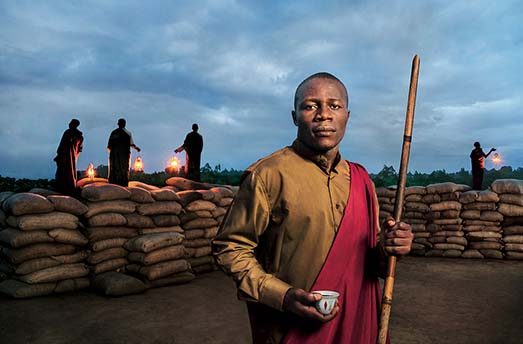

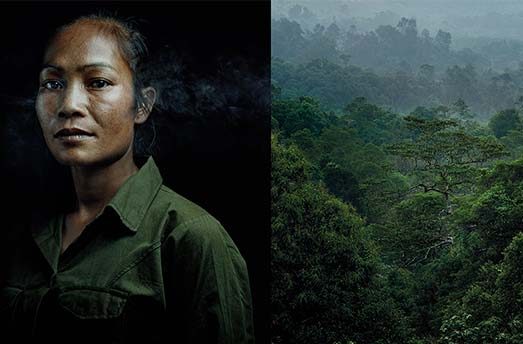


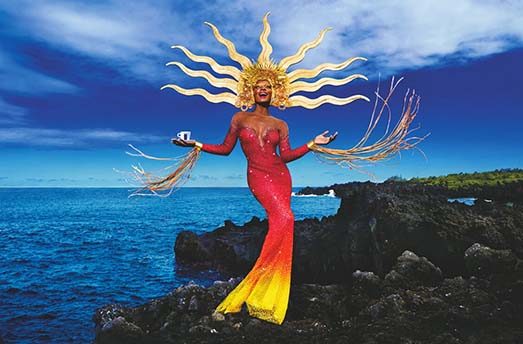
THE EARTH DEFENDERS
The Earth Defenders are farmers, small producers, and peasants, each committed to the defense of their crops, with objectives that concern the collective well-being. They come from different places, but share the same principles: respect and protection of the earth because they believe in its value.
Lavazza wanted to celebrate the men and women of old, young, and future generations committed to safeguarding the Earth. He did so by immortalizing their faces in the shots of three photographers of international caliber: Steve McCurry, Joey L., and Denis Rouvre, and by dedicating a trilogy of calendars to them, from 2015 to 2017.
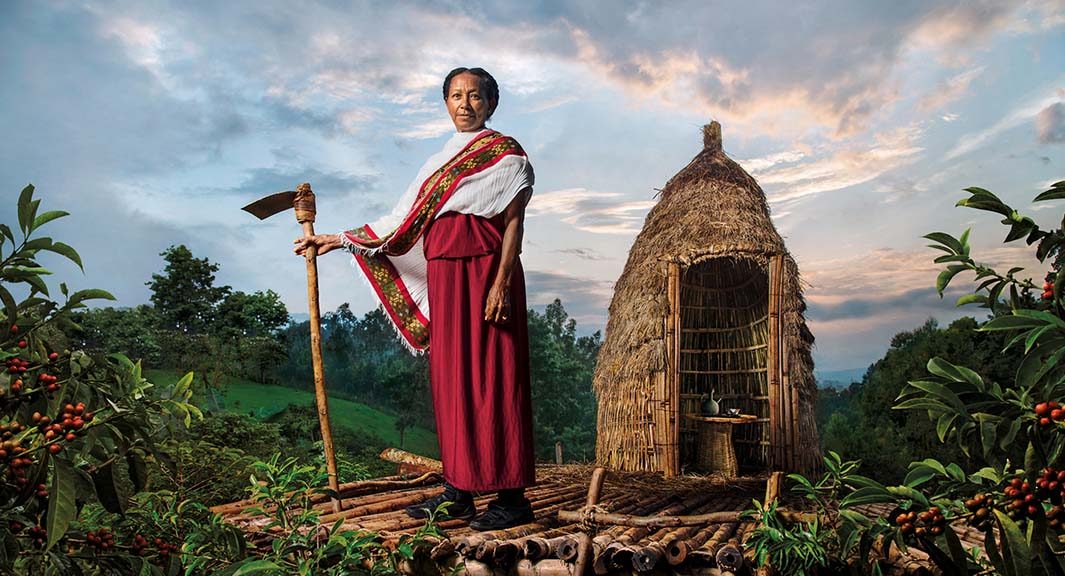
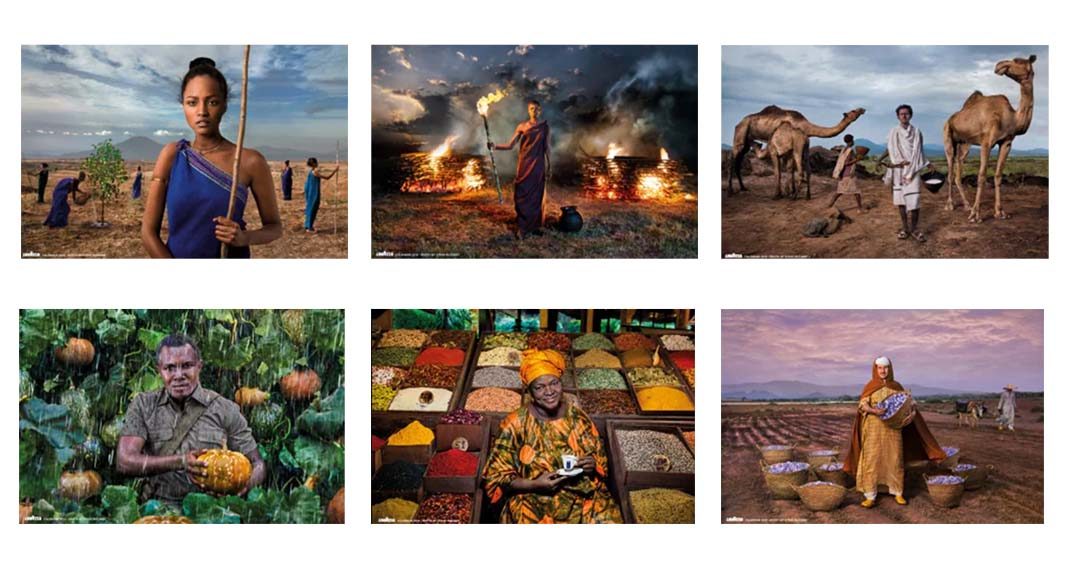
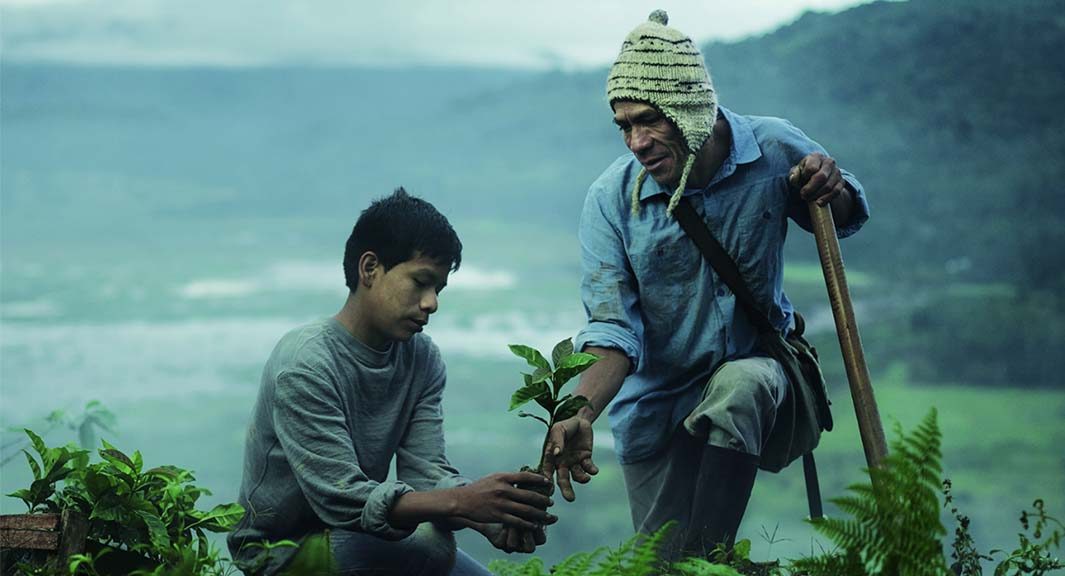
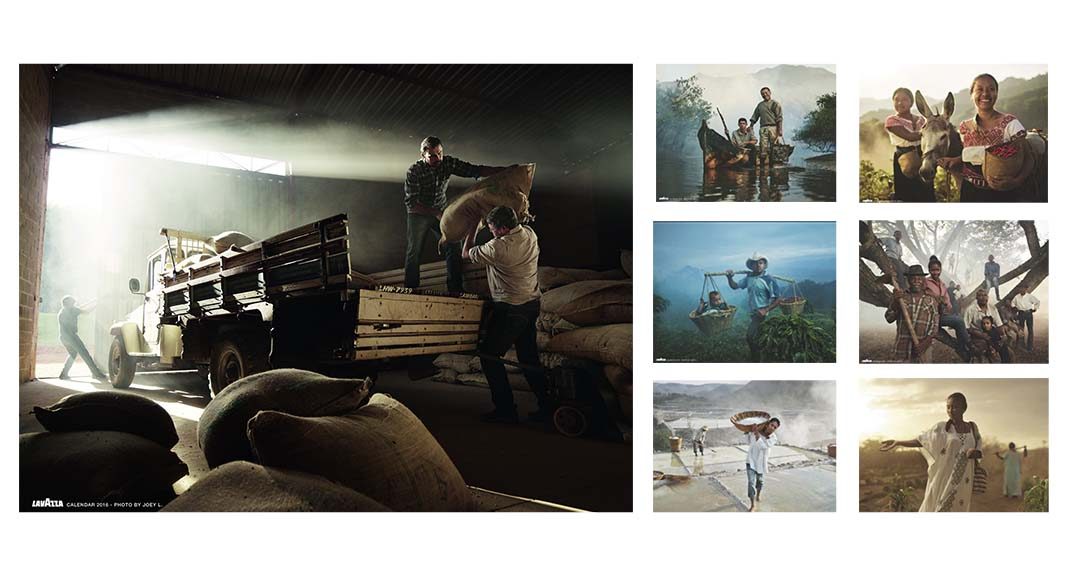
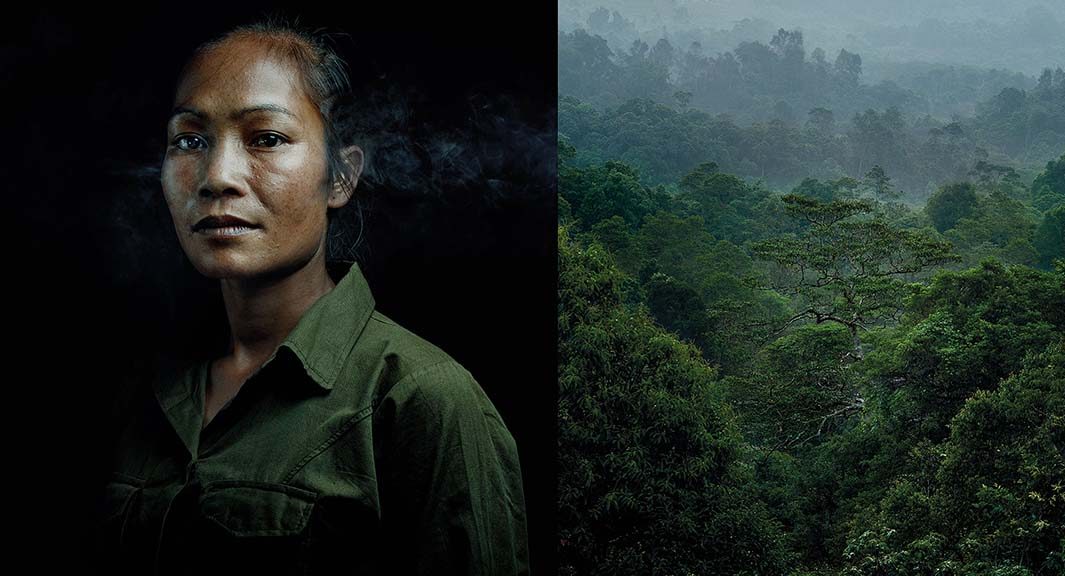
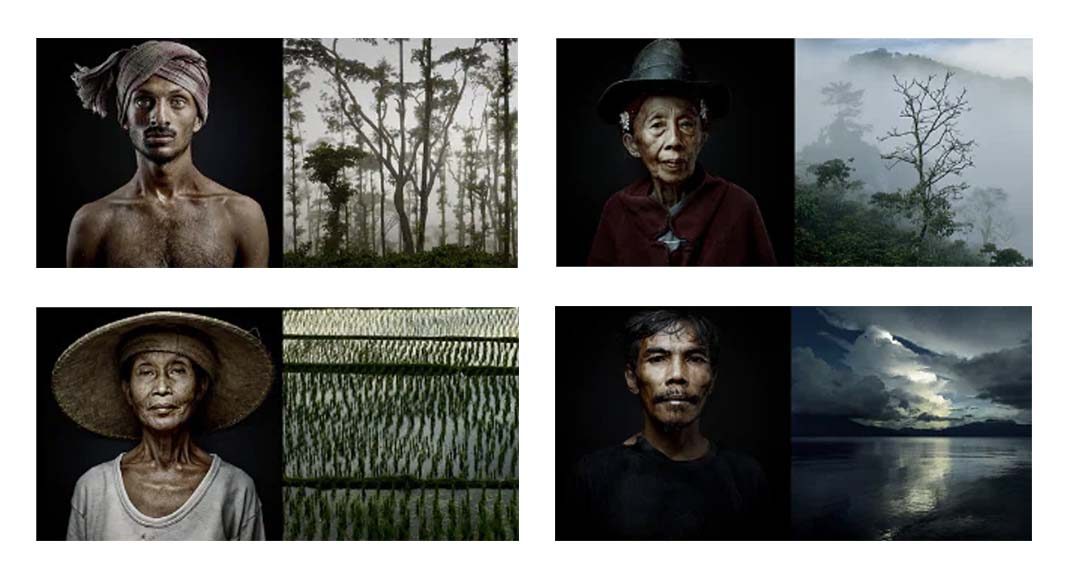
2020 - THE RETURN OF DAVID LACHAPELLE
In 2020, the paths of Lavazza and LaChapelle crossed again with the "Earth CelebrAction" calendar, which is a way for us to celebrate the relationship that binds man and nature and, in the same way, how to act to safeguard it.
The shots by LaChapelle express the urgency to communicate responsibility toward the people around us and the world in which we live.
Not surprisingly, the verb chosen for December, the last month of the calendar, is a concrete action and a wish: "change."
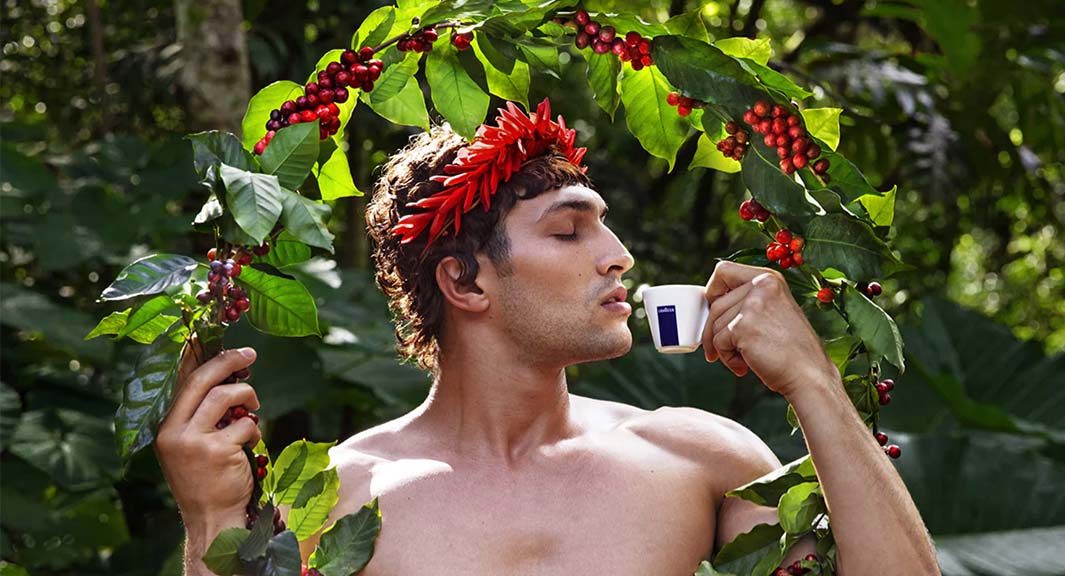
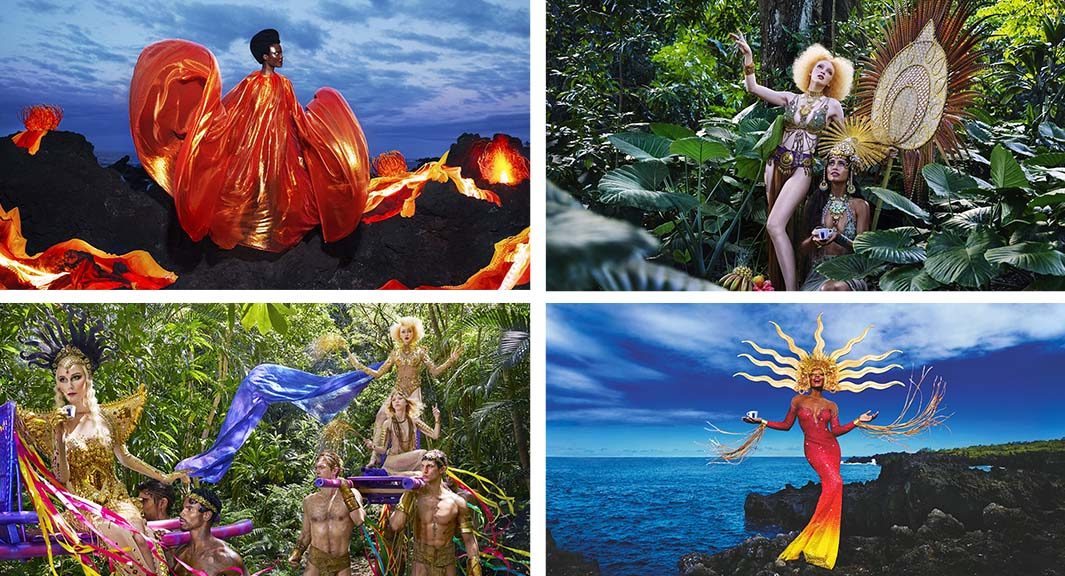
2021: THE NEW HUMANITY IS BORN
In a changing scenario - where barriers and distancing between individuals, communities and nations become necessary - Lavazza builds bridges through the universal language of art by giving life to a new humanity based on society's fundamental values such as solidarity, inclusion, tolerance, and sustainable development.
Conceived in Spring 2021, under the creative direction of ad agency Armando Testa, "The New Humanity 2021” Lavazza art project offers a collection of original artistic contributions.
The project features a magazine with six cultural ambassadors and a calendar with 13 masters of photography presenting a new vision of humanity reflecting their viewpoints and styles.
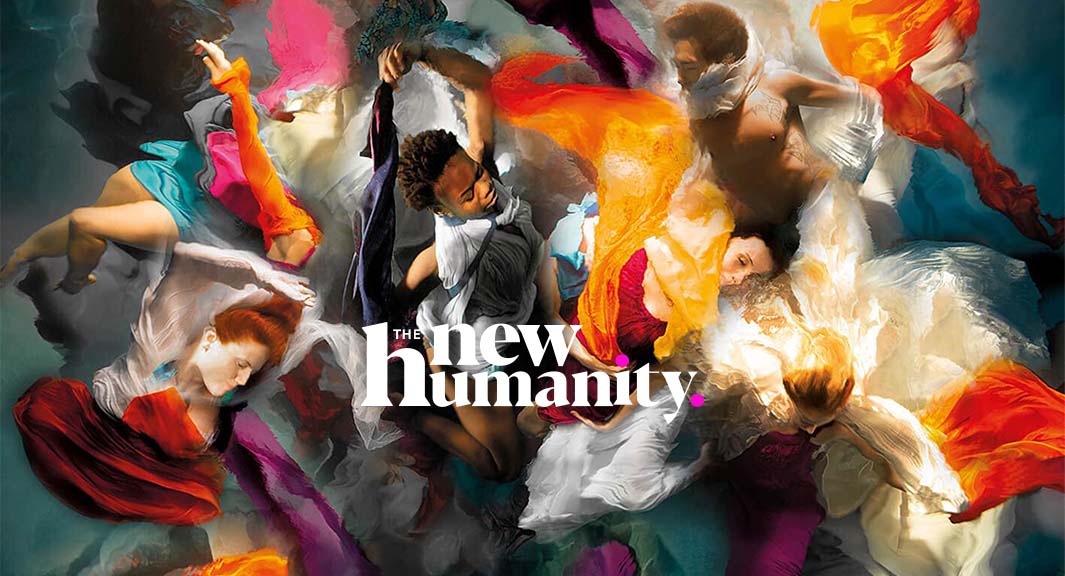
THE TIME FOR ACTION HAS COME
The time for waiting and reflection is over. The moment for action has come. And together with it, the 2022 Lavazza Calendar has arrived too.
Conceived and produced under the creative direction of the Armando Testa agency, the project "I Can Change the World" conveys a message of urgency. It invites people to immediately act upon a positive change through the portraits of artists and activists committed to serving noble causes. Emmanuel Lubezki, the photographer who signed this calendar, collected the stories of six artists who fight every day to improve the world through their work.

Among these, we can recognize the performer Ben Harper, the Franco-Swiss artist Saype, the Afghan rapper Sonita Alizada, the entrepreneur and designer Shilpa Yarlagadda, the marine biologist Cristina Mittermeier and the street dancer and choreographer Shamell Bell.
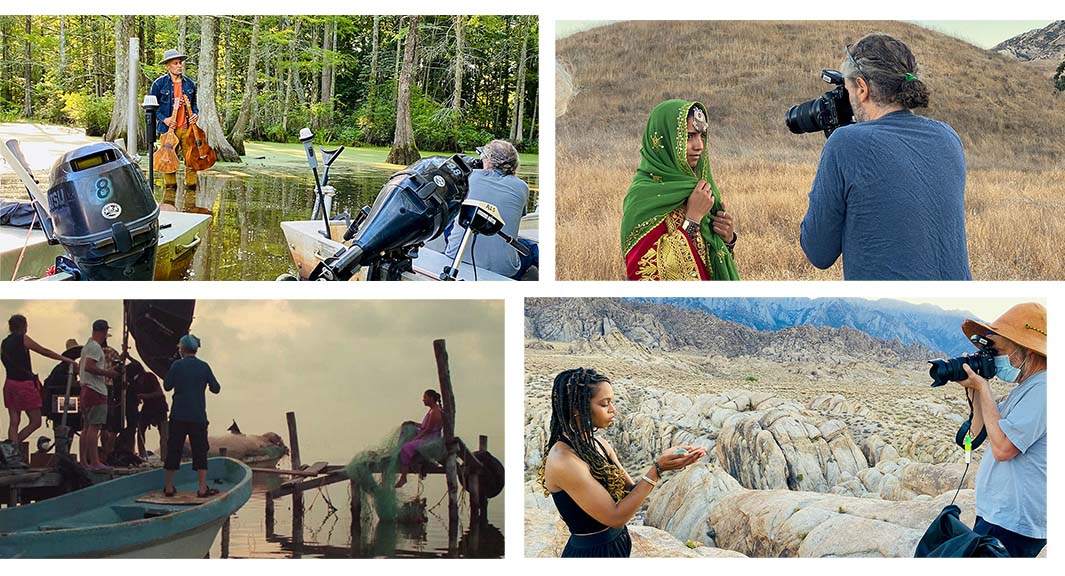

THE GREAT PROTAGONIST OF EVERY CALENDAR: THE CUP OF LAVAZZA COFFEE
Whether an artwork that is giant and surrealist, like that of LaChapelle, or space-themed, like in Thierry Le Gouès’s calendar, the cup of coffee has accompanied the calendar since its first edition. From being the central protagonist of the scene alongside beautiful women, it becomes an accomplice in the shot and gradually appears in the most unexpected scenarios, remaining the universal symbol of pause and conviviality.
